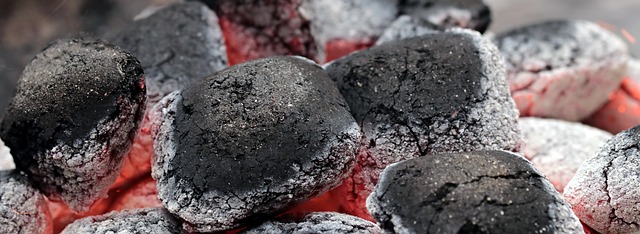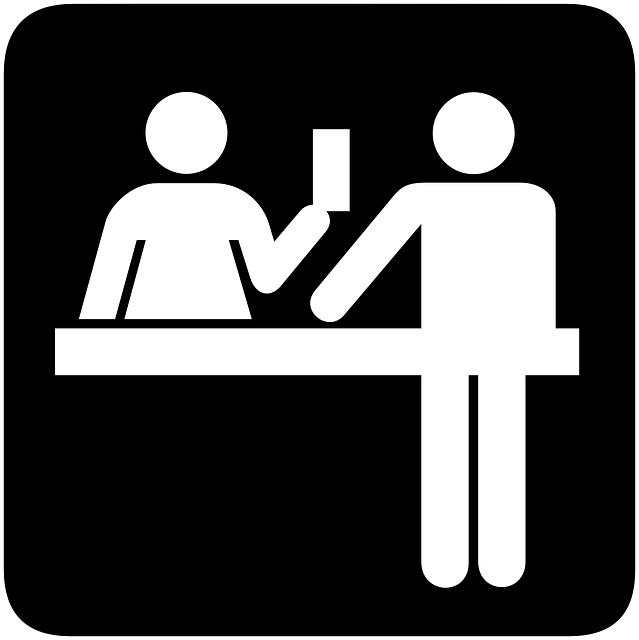House flipping in California has seen a surge due to natural disasters like fires, creating opportunities for entrepreneurs to buy undervalued properties, renovate them, and sell at higher prices. 'Sell house after fire California' is a term that encapsulates this service, with specialists assisting homeowners post-disaster and contributing to the region's housing needs. These flippers carefully assess repair costs and design enhancements to maximize value while navigating legal and financial challenges, including building codes and tax implications. They cultivate strong industry relationships to thrive in competitive markets and offer affordable housing options within California.
In the dynamic real estate market of California, house flipping has emerged as a lucrative yet specialized field. This article delves into the art and science of transforming properties, with a particular focus on post-fire renovations. From understanding the unique challenges of California’s fire-damaged homes to navigating legal and financial complexities, we explore strategies employed by top specialists. Learn how these experts turn disasters into opportunities, providing valuable insights for aspiring flippers seeking to thrive in the Golden State’s competitive market after a fire.
- Understanding House Flipping: A California Perspective
- The Rise of Fire-Damaged Properties as Investment Opportunities
- Strategies for Successful House Flipping After a Fire
- Legal and Financial Considerations for California Flippers
- Building a Profitable Business: Tips from Top House Flipping Specialists
Understanding House Flipping: A California Perspective

House flipping, a practice that involves purchasing properties, renovating them, and then selling them at a higher price, is a popular strategy for real estate investors in California. This method has become particularly prominent after natural disasters like fires, which often leave homes in need of extensive repairs or total reconstruction. In the aftermath of a fire, many homeowners find themselves in difficult situations, deciding whether to rebuild or sell. Enter house flipping specialists—experts who identify these opportunities and transform damaged properties into saleable assets.
California’s diverse real estate market, with its high property values and constant demand for housing, provides an ideal environment for these professionals. They source homes at below-market prices due to fire damage or other issues, then leverage their skills, networks, and access to resources to restore them to their full potential. This process not only helps homeowners in distress but also contributes to the region’s ever-evolving landscape, offering newly renovated properties to buyers seeking quality homes in desirable locations, especially after sell house after fire California situations.
The Rise of Fire-Damaged Properties as Investment Opportunities

In recent years, the landscape of real estate investment has seen a notable shift towards fire-damaged properties in California. With an increasing number of homes across the state suffering from structural damage due to fires, many entrepreneurs have recognized these as lucrative opportunities for house flipping. The market demand for affordable housing and the potential for significant profit margins have made post-fire homes attractive prospects for specialist investors.
These specialists leverage their expertise in identifying undervalued assets and understanding the reconstruction process. They carefully assess each fire-damaged property, considering not only the physical repairs needed but also the potential for design enhancements that can increase the home’s value. By focusing on such properties, these experts contribute to the rapid rebuilding of affected communities while catering to the growing demand for housing in California.
Strategies for Successful House Flipping After a Fire

Legal and Financial Considerations for California Flippers

In California, house flippers face a unique set of legal and financial considerations, especially when dealing with properties affected by disasters like fires. After a fire, flippers must navigate complex regulations regarding property rehabilitation and safety standards. The state’s strict building codes and permit processes ensure that renovated homes meet specific criteria, particularly in areas prone to natural hazards. Flippers are responsible for obtaining the necessary permits and adhering to these guidelines during the flipping process.
Financial aspects also play a crucial role. Selling a house after a fire may involve additional costs for rebuilding, demolition, or repairing damage caused by the blaze. California flippers need to factor in potential insurance claims, assessment fees, and other expenses related to the property’s history. Understanding local tax implications and zoning regulations is essential to ensure compliance and maximize profits during the flipping journey.
Building a Profitable Business: Tips from Top House Flipping Specialists

Building a profitable business in house flipping starts with identifying lucrative opportunities, especially in regions like California where the real estate market is vibrant. Top specialists in this field consistently seek out distressed properties, such as those affected by a sell house after fire scenario, knowing that these present unique buying opportunities. They assess each property’s potential based on factors like location, repair costs, and market value upon renovation.
Successful flippers invest time and resources into thorough inspections to accurately gauge the scope of repairs needed. By strategically planning renovations and marketing their flipped homes effectively, they maximize profits. These specialists also foster strong relationships with contractors, suppliers, and real estate agents to streamline processes, negotiate better deals, and ensure timely sales, often in competitive California markets.
In the competitive California real estate market, house flipping offers a unique opportunity for investors. With the right strategies and knowledge of legal considerations, such as understanding post-fire property regulations in California, flippers can successfully navigate this path. By adopting innovative approaches, like transforming fire-damaged properties into profitable investments, and learning from top specialists, aspiring flippers can turn challenging situations into lucrative businesses when selling houses after a fire.






